Have you ever wondered how AI can answer your questions, suggest the perfect YouTube video, or even beat you at a video game? It almost feels like AI is thinking, right? The truth is, AI doesn't have a real brain like we do. Instead, its "thoughts" come from the incredible technology inside a computer chip. While it may look like a tiny piece of plastic and metal, the inside of a chip is a world of its own, packed with billions of tiny components that help AI learn, decide, and respond. Let's take a journey inside the brain of a chip to discover what really makes AI think!
What's Inside a Computer Chip?
At the heart of every computer chip are billions of tiny components called transistors. These are like tiny switches that can turn on and off at incredible speeds, helping the chip process information. The more transistors a chip has, the faster and smarter it can be. Modern chips, like those used in AI, can hold up to 50 billion transistors, each smaller than a grain of sand!
Microprocessors, memory units, and logic gates are other important parts of a chip. Microprocessors handle tasks and run programs, while memory units store information. Logic gates help the chip make decisions, kind of like how your brain processes yes or no questions.
How Do Chips Help AI Think?
Imagine your brain trying to solve a tricky puzzle or remember a friend's birthday, your brain uses neurons to think, process, and make decisions. Chips work in a similar way for AI. Inside every chip are billions of tiny transistors that act like super-fast switches, helping AI learn, decide, and respond almost instantly.
For example, when you use Google Photos to search for pictures of your dog, AI uses chips to analyze thousands of images in seconds to find the right ones. Chips process all the colors, shapes, and patterns, helping AI recognize your furry friend even if the picture was taken in a different light or angle.
In the gaming world, powerful gaming chips inside your console help AI opponents in Fortnite react to your every move. When you jump, build, or attack, the chip quickly processes your input, sends it to the game’s AI, and the virtual opponent instantly decides what to do next, all in the blink of an eye!
AI chips are also the secret behind smart assistants like Alexa and Siri. When you ask, “What's the weather today?” a chip helps the AI understand your words, search for the answer online, and respond with the latest forecast, all within a second or two.
Different Types of Chips and What They Do
Not all chips are the same. Some chips are built for speed, others for graphics, and some are designed specifically for AI. Here are a few types of chips and their uses:
- Central Processing Unit (CPU): The main chip that handles all basic computing tasks, like opening apps or browsing the internet. The Intel Core i9 is a powerful CPU that makes high-end gaming PCs super fast.
- Graphics Processing Unit (GPU): Great for graphics in video games and speeding up AI tasks. The NVIDIA RTX 4090 GPU, for example, makes games like Cyberpunk 2077 look amazing with realistic graphics.
- Memory Chips: Store data, like the pictures and videos on your phone. The Apple M2 Pro chip not only processes tasks quickly but also manages memory efficiently, helping apps run smoothly on your iPad or Mac.
- AI Chips: Built to handle artificial intelligence tasks, making smart devices even smarter. AI chips are inside self-driving cars, helping them detect pedestrians and navigate roads safely.
Why Are Chips So Important?
Imagine an ordinary watch that just tells you the time. It's helpful, but that's all it does. Now imagine a smartwatch. It not only tells you the time but also tracks your steps, monitors your heart rate, and even reminds you to drink water. What makes the difference? A chip! The chip inside the smartwatch acts like its brain, processing data from sensors and turning a regular watch into a smart, helpful gadget.
The same magic happens with fridges. A normal fridge keeps your food cold, but a smart fridge can track what groceries you have, suggest recipes, and even create a shopping list for you. The chip inside the smart fridge connects to sensors and apps, making it more than just a box that cools your food.
Chips also power advanced technology like self-driving cars, which use AI chips to understand traffic and drive safely. In medical devices, chips help doctors by analyzing health data in real-time. They are truly the brains behind modern technology, making everyday life smarter and more efficient.
Start Your Chip Journey with Stem A Chip Workshops!
If learning about chips sounds cool, why not start exploring the world of electronics? You can begin with small experiments, like building simple circuits or trying out fun DIY projects at home. You could watch videos on Arduino or Raspberry Pi experiments and try out simple DIY projects at home, or join a STEM club at your school. Another great option is to attend a Stem A Chip workshop, where you can learn everything from basic electronics to how advanced computer chips are made.
Whether you want to build your own gadgets, dream of becoming a chip designer, or just enjoy experimenting with technology, exploring these options can help you take the first step. You might start with a small project, like making a light blink using an Arduino, and who knows, you could end up creating the next big tech invention!
If you're curious about how this could turn into a real career, check out our blog on The Career Potential of Computer Chips to learn more about exciting opportunities in tech!
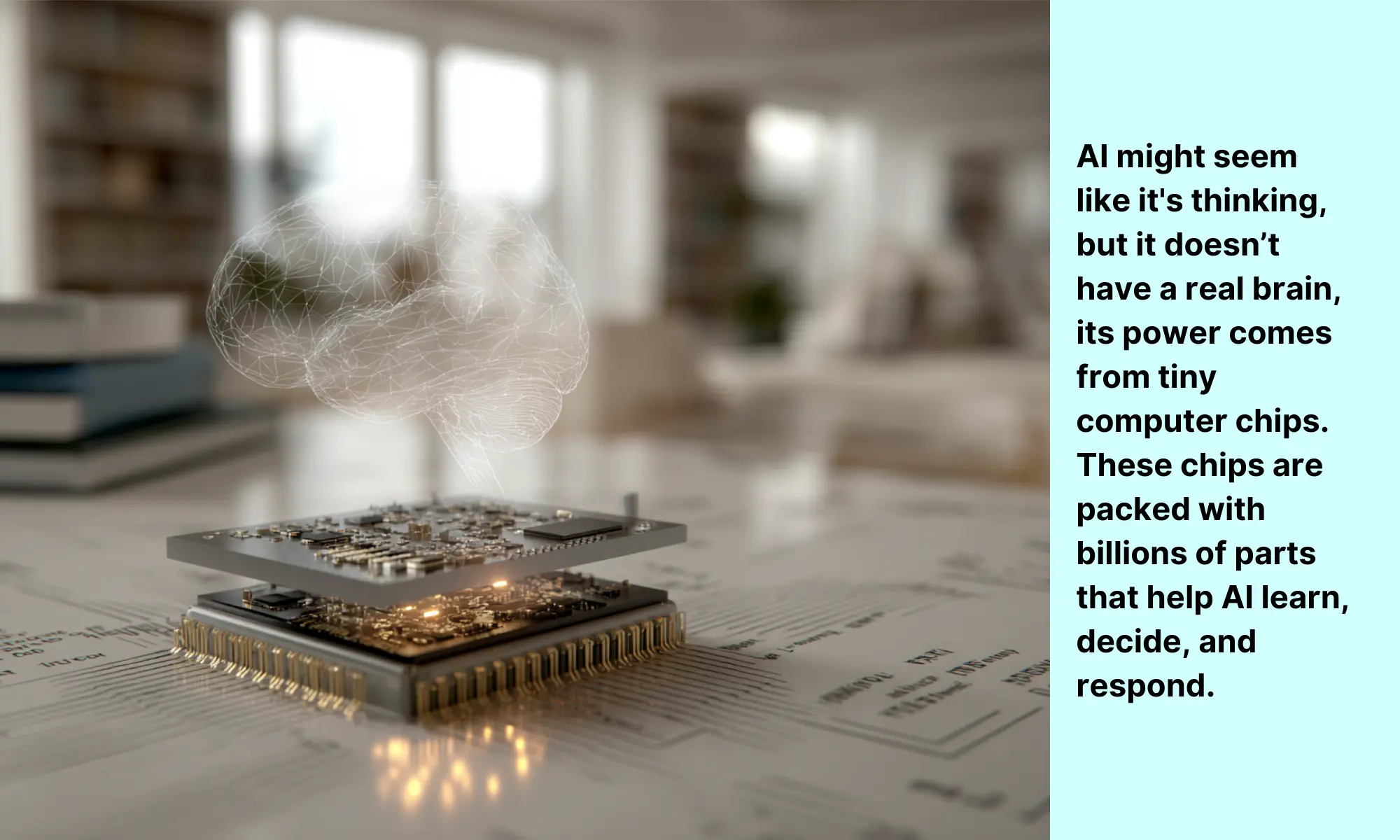
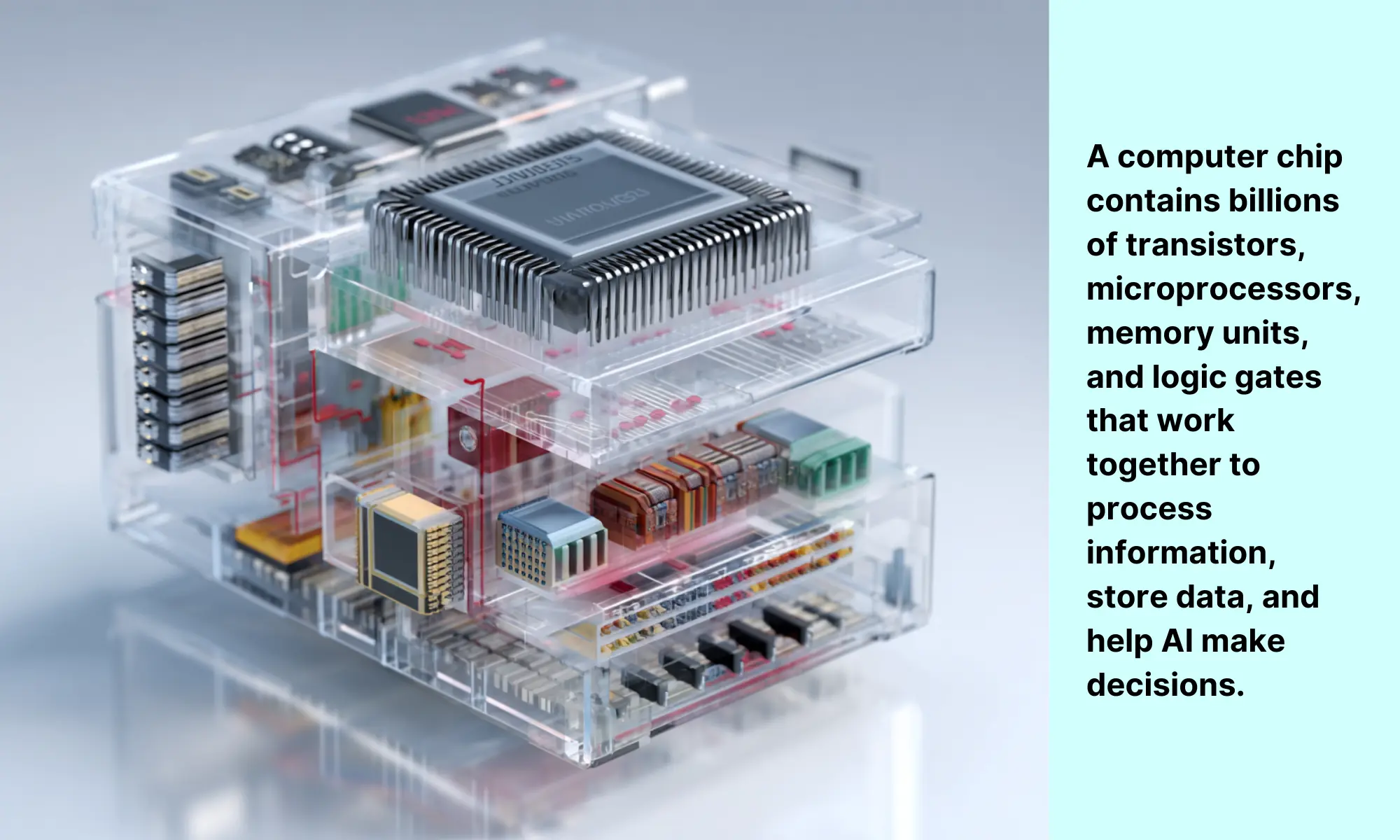
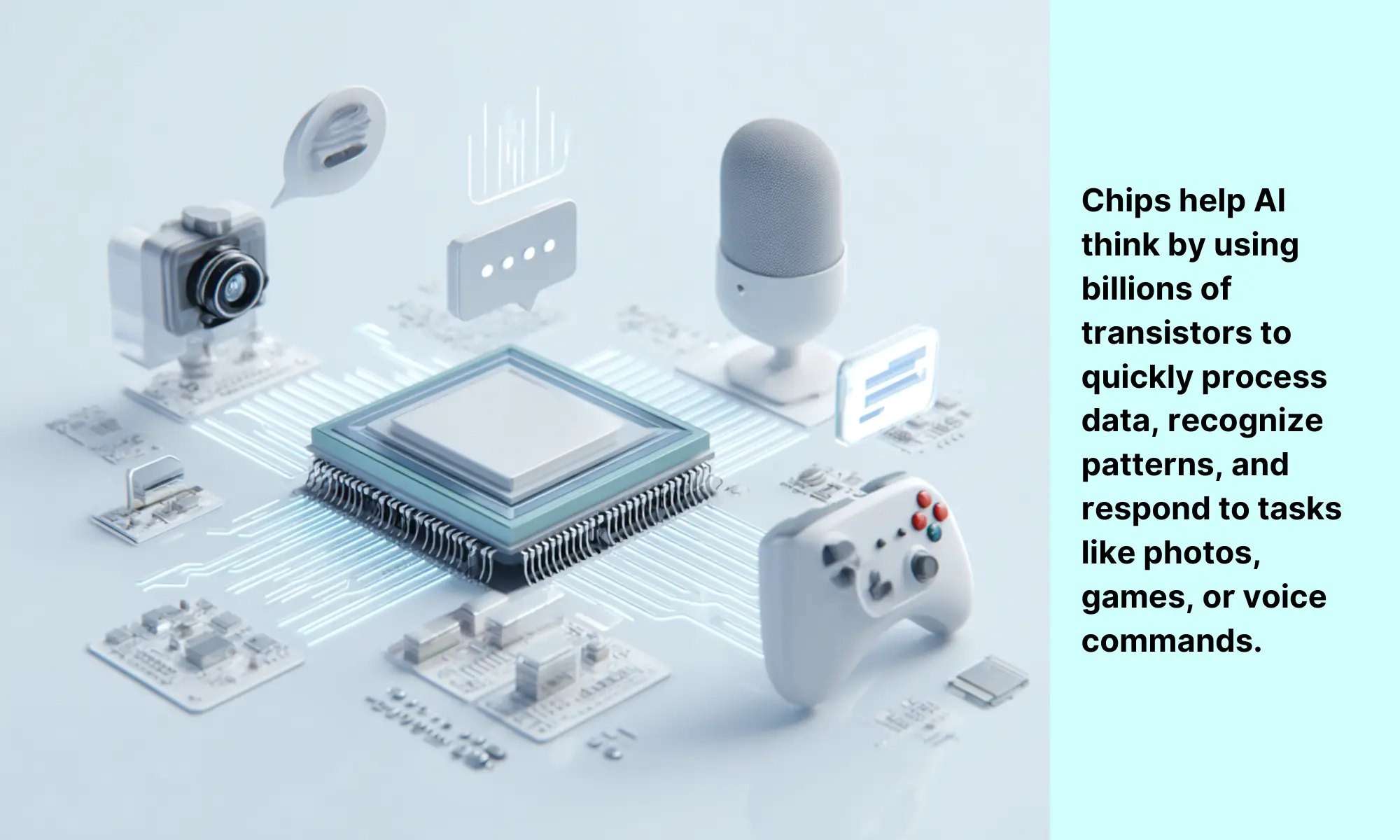
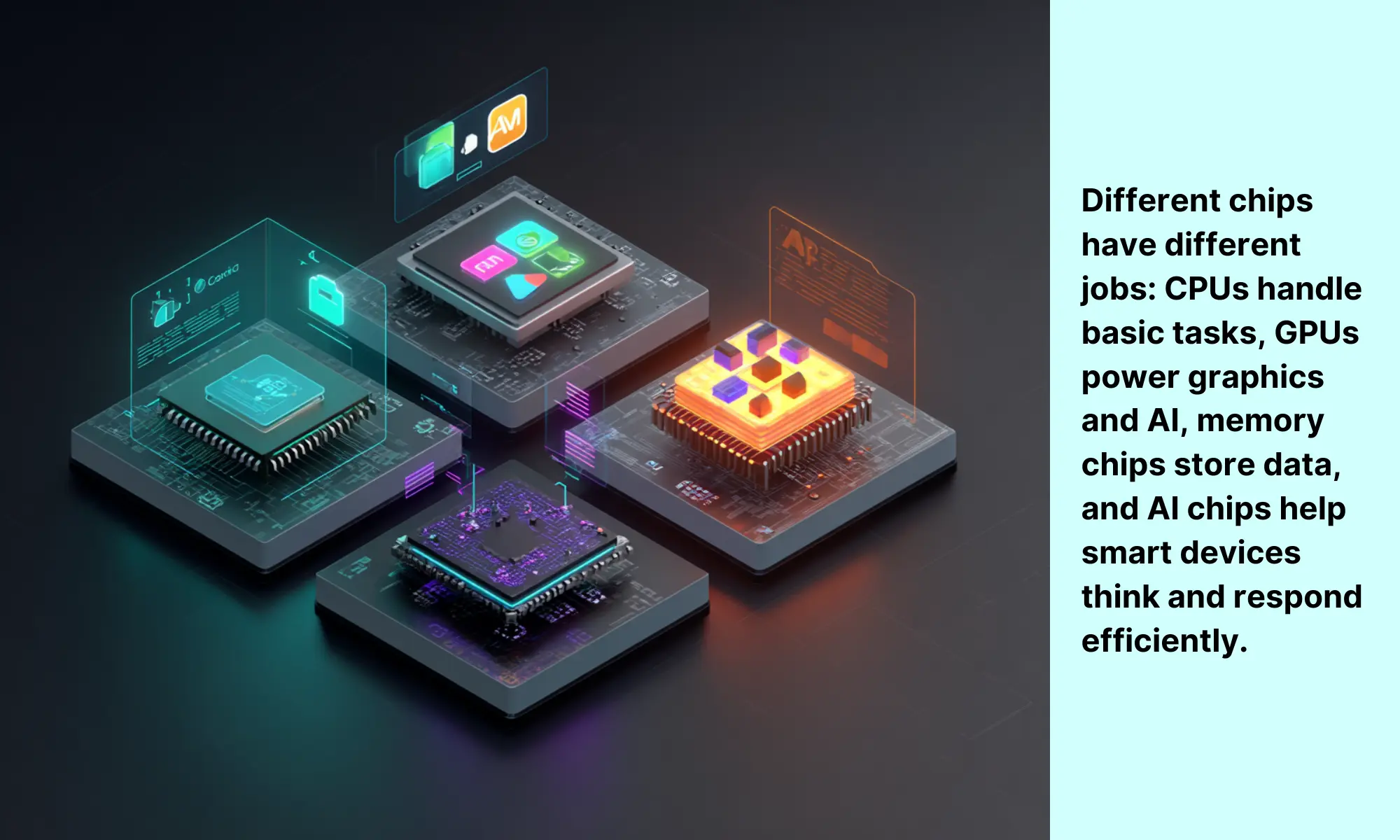
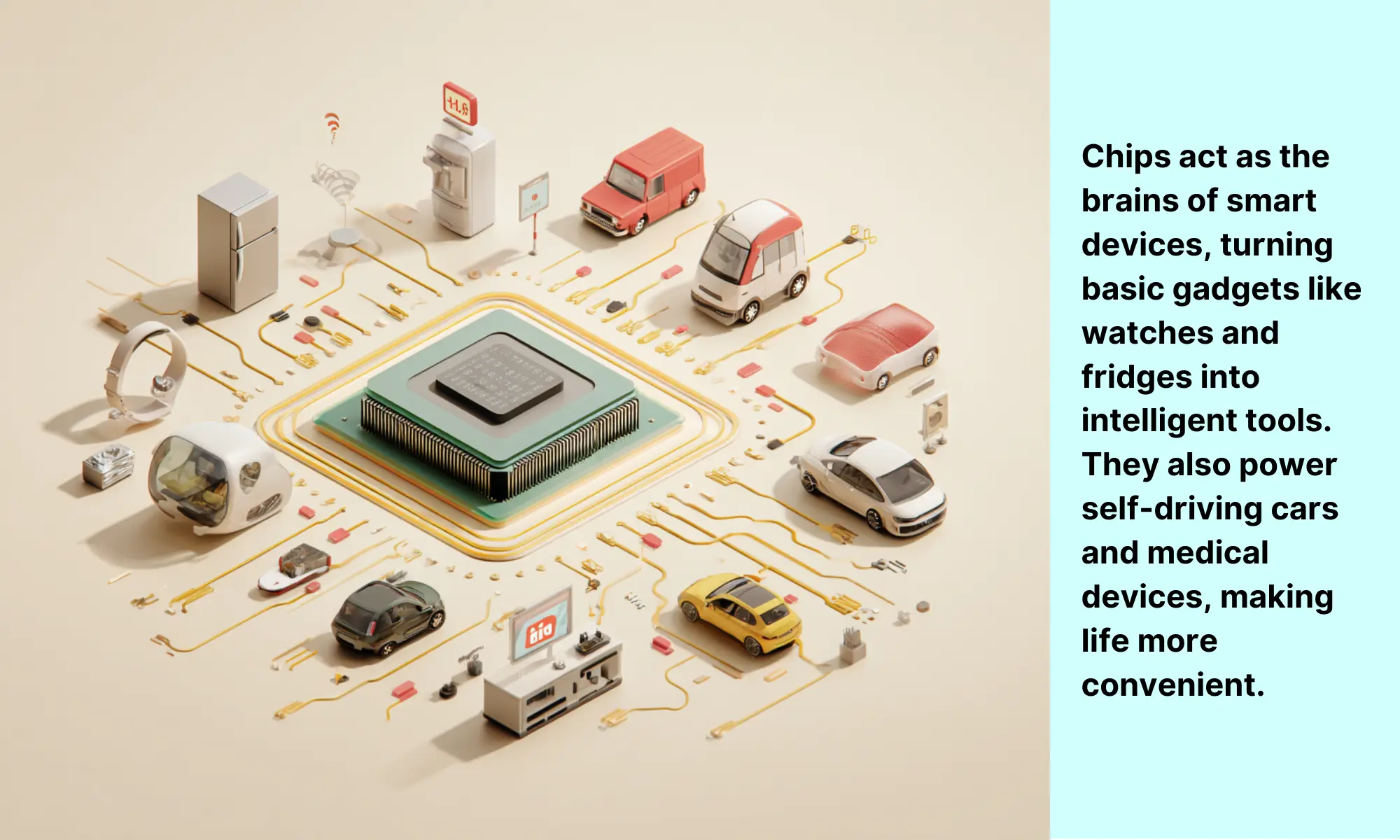



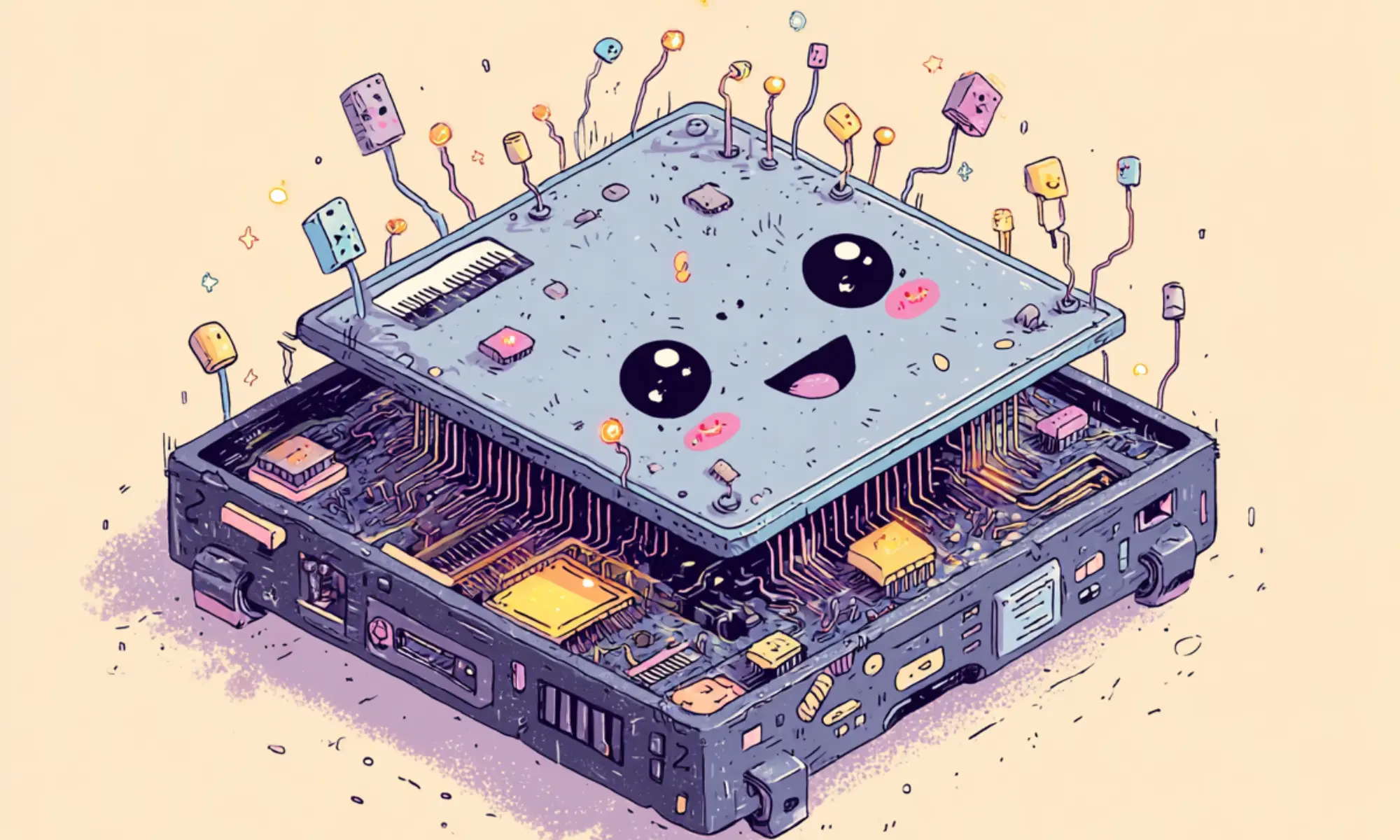

0 Comments